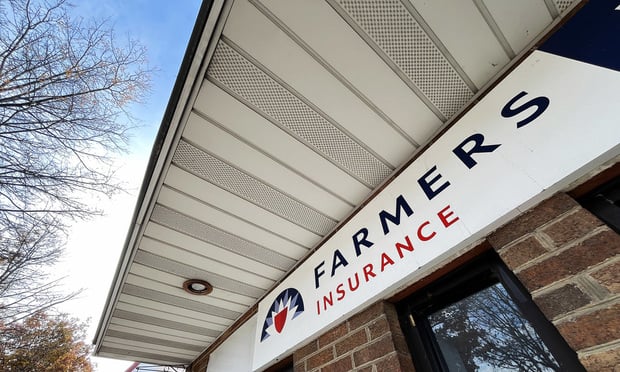When Katrina's wind v. water issues came to the forefront, Claims turned to attorney Jay Brown, a partner at the law firm of Beirne Maynard & Parsons, to clarify some of the judicial decisions and implications. So when we started wondering what to expect from the California wildfires, we dialed up Brown again to find out what he thought might be some long-term effects from the conflagrations.
How might the wildfires in California affect insurance policies in the future?
The loss histories for the destroyed homes now indicate the fact of a very large claim. If that claim negatively impacts the loss history to an extent greater than the insurers have assessed that risk in the past, then premiums must increase. There is no way around it.
On the other hand, if the loss histories still look fairly attractive from an underwriting standpoint after the claims have been paid, then the underwriters will have already addressed that risk through their existing premium calculations. Given the widespread wildfires in California just a few years ago, I would expect to see premiums increase.
The other possibility is that these claims will cause insurers to re-evaluate the extent of their overall exposures in this area. As many insurers did with Hurricane Katrina losses, the insurers may decide that they are simply overexposed to possible fire losses in Southern California. If that decision is made, then you will see homeowners scrambling for coverage when the impact of that decision is felt — when homeowners are notified at the time of the next renewal that they need to find a new insurance company.
How can insurers insulate themselves from bad-faith accusations?
The easy answer is to follow the best practices for claim handling, communicate clearly and promptly, and avoid delay. Most claim professionals, however, already follow sound claim-handling practices.
The more practical answer is this: Recognize that most bad-faith accusations are made simply to gain leverage on a contractual issue. The most feasible way to avoid bad-faith allegations is to seek prompt resolution of the contract claim. In addition to sound claim-handling practices, insurance companies need to pay what they determine they owe as soon as possible, regardless of whether there is still an amount in dispute with the insured. If an insurer has a dispute with an insured over how much they owe, they should at least consider paying that amount immediately. That way, if there are bad-faith allegations down the road, at least the insurer has lived up to its side of the bargain.
Are there any reasons why insurance companies would refuse to pay?
Unlike the Hurricane Katrina claims, there will be very few reasons why an insurance company would simply refuse to pay a wildfire claim. Hurricane Katrina presented very difficult and still on-going causation conundrums as to what caused the damage — was it the wind, or the storm surge? Here, the damages are all from the same cause: fire.
As with any homeowner's claim, however, there is an emotional content, and insureds can expect to have sincere disagreements as to the value of the destroyed property, particularly personal property. They can also expect some disputes when homeowners learn that they might not have had enough coverage, or that their coverage was undervalued because of the rapidly rising home prices over the last several years.
Want to continue reading?
Become a Free PropertyCasualty360 Digital Reader
Your access to unlimited PropertyCasualty360 content isn’t changing.
Once you are an ALM digital member, you’ll receive:
- Breaking insurance news and analysis, on-site and via our newsletters and custom alerts
- Weekly Insurance Speak podcast featuring exclusive interviews with industry leaders
- Educational webcasts, white papers, and ebooks from industry thought leaders
- Critical converage of the employee benefits and financial advisory markets on our other ALM sites, BenefitsPRO and ThinkAdvisor
Already have an account? Sign In Now
© 2024 ALM Global, LLC, All Rights Reserved. Request academic re-use from www.copyright.com. All other uses, submit a request to [email protected]. For more information visit Asset & Logo Licensing.








